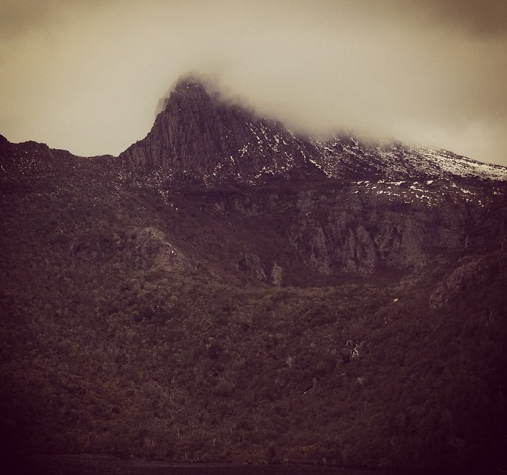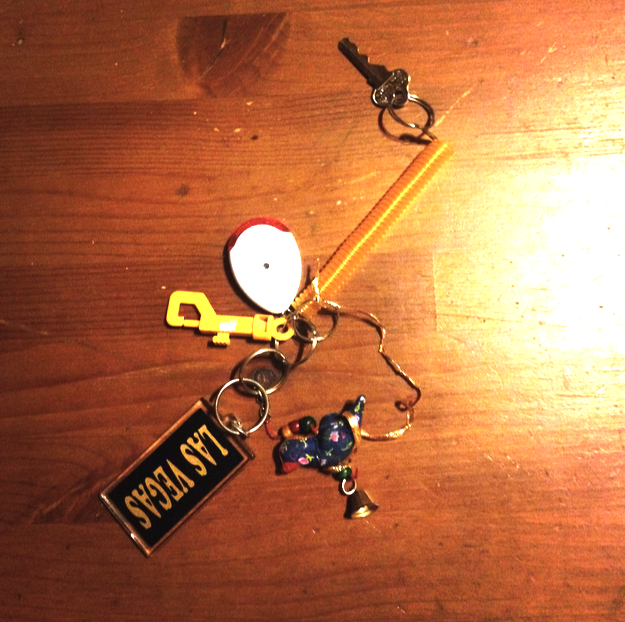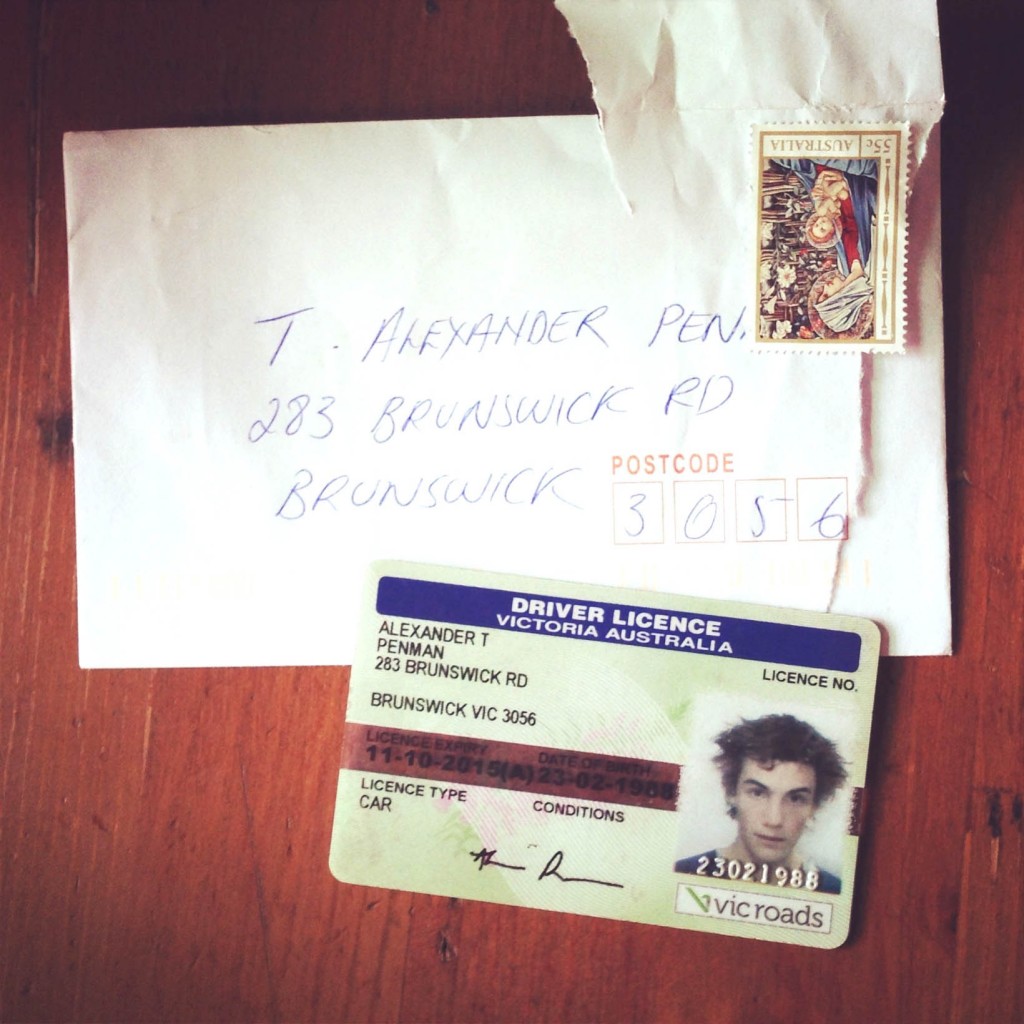As we reach the summit of Cradle Mountain and the snow and heavy winds hit, the weightlessness in my pocket makes itself known. The views are spectacular, but I don’t care anymore. The whole way up this mountain, I’d been acutely aware that I had the lone car key – our only passageway back to civilisation – stored snugly in my pocket. Just like that, it was gone.
All my life, I’ve been a loser. Those many hallmarks of everyday life – keys, wallets, money, mobile phones, headphones, chargers and so on – enter and leave my life quickly. People who know me well often hesitate when I ask to borrow something. People who don’t know me well find out fast that hesitation is wise. My locksmith loves me.
But like anything in life that you do a lot, after a while, you get better at it.
For starters, passports are the worst item to lose. I’ve lost two in the last five years. Standard lost passport fees mean that today a new one will set me back upwards of $700. The financial loss of a passport aside, the application process is long and painful. It requires multiple trips to the post and passport offices, and worse still, passport photos double as mug shots – acting as a permanent record of your hopelessness.
Experience has taught me that the best way not lose your passport is to not lose your driver’s license. It takes weeks for VicRoads to get a new one out to you and the requirement to visit the centre itself doesn’t exactly speed the process up. During this time, your passport, which must be used as ID, is constantly put in harm’s way.
The best way to avoid losing a license is: don’t leave home with it, if you don’t need it. This rule of thumb applies to any important cards that require time and money to replace. Before leaving home, I’ll empty my wallet of any valuables I know I won’t need that day. Eggs are best kept in separate baskets.
Less important items like loyalty cards, business cards and coins should stay in your wallet. These make your wallet bulkier and harder to lose. When you lose things often enough, you learn not to bother too much with sentimentality. The more worth you give an item, the greater the pain is when you lose it.
Keys are relatively cheap to replace. However, they’re also a big pain to lose, for all those times you get locked outside. Be prepared. Always keep a book outside near where the spare key is supposed to be. I recommend choosing a title that is easy to return to over an extended period of time. The Beach by Alex Garland is my current pick. It’s a long but enjoyable read, with lots of chapters. The theme of anti-materialism is a nice added bonus.
If you can – before your keys go missing – make them loud. My current house key is attached to a big orange chain, a beeper device and several colourful key rings. This is the third set I’ve had like this, and each has lasted a lot longer than the standard key and key ring combo.
Smartphones cost a lot to replace, but they’re becoming harder to lose. In this day and age, we’re always on them and this serves as a constant check on their whereabouts. But this means that the risk of losing a phone increases dramatically when it is low on battery or dead. If your phone does end up under the seat of a couch cushion or on the floor of a cab somewhere in Melbourne, a ringtone communicates to the nearest person that it is both there to be found and also that it is loved. Bring your charger with you everywhere you go. This will go missing sometimes too, but a replacement charger is a small price to pay compared to the cost of a new phone.
Some items don’t warrant as much concern as people like to give them. My favourite item to lose is my bankcard. They are free to replace and so there’s really no need to feel any emotional pain when you lose one. Simply ring up the bank immediately, cancel it, and ask for a new one to be sent out to you. During a credit card application at my local branch around two years ago, a screen displayed the number of times I’d ordered replacement cards over my lifetime. The teller was shocked (the list went off the screen) but the bank no doubt understood my perspective. A replacement card is an investment on their part, which keeps you banking with them.
When the planets don’t align and a possession does go missing, an important rule is: don’t panic. Before anything else, you should distinguish between when a possession is actually lost and when a possession simply isn’t found yet.
Take, for example, my license that went missing earlier this year. I looked in my wallet and it wasn’t there. Not lost yet. I searched my drawers and my desk, and it wasn’t there. Not lost yet. I searched across the whole house, under every couch cushion and in every pile of clothing. Now it was lost. And only then did I feel crap about it.
An item that is actually lost is an item that is in none of the places you can logically account for. An item that isn’t found yet is an item that wasn’t in the first place you looked.
And so, on Cradle Mountain, I strived to keep my cool. The weightlessness in my pocket kick-started a thought process, accompanied by only mild panic. The car key – logically – could be in one of only two locations. The first location was next to a snowman that we took some pictures with and the second was on a rocky ledge where I had changed out of some clothing. Both about halfway up the mountain. The snowman proved unsuccessful, but the ledge had it. The car key, now found, while missing, was never actually lost.
And a missing car key on a mountain still beats a missing car key on a beach. If that happens, by all means panic. My advice: dig in circles, working outwards in a spiral.


